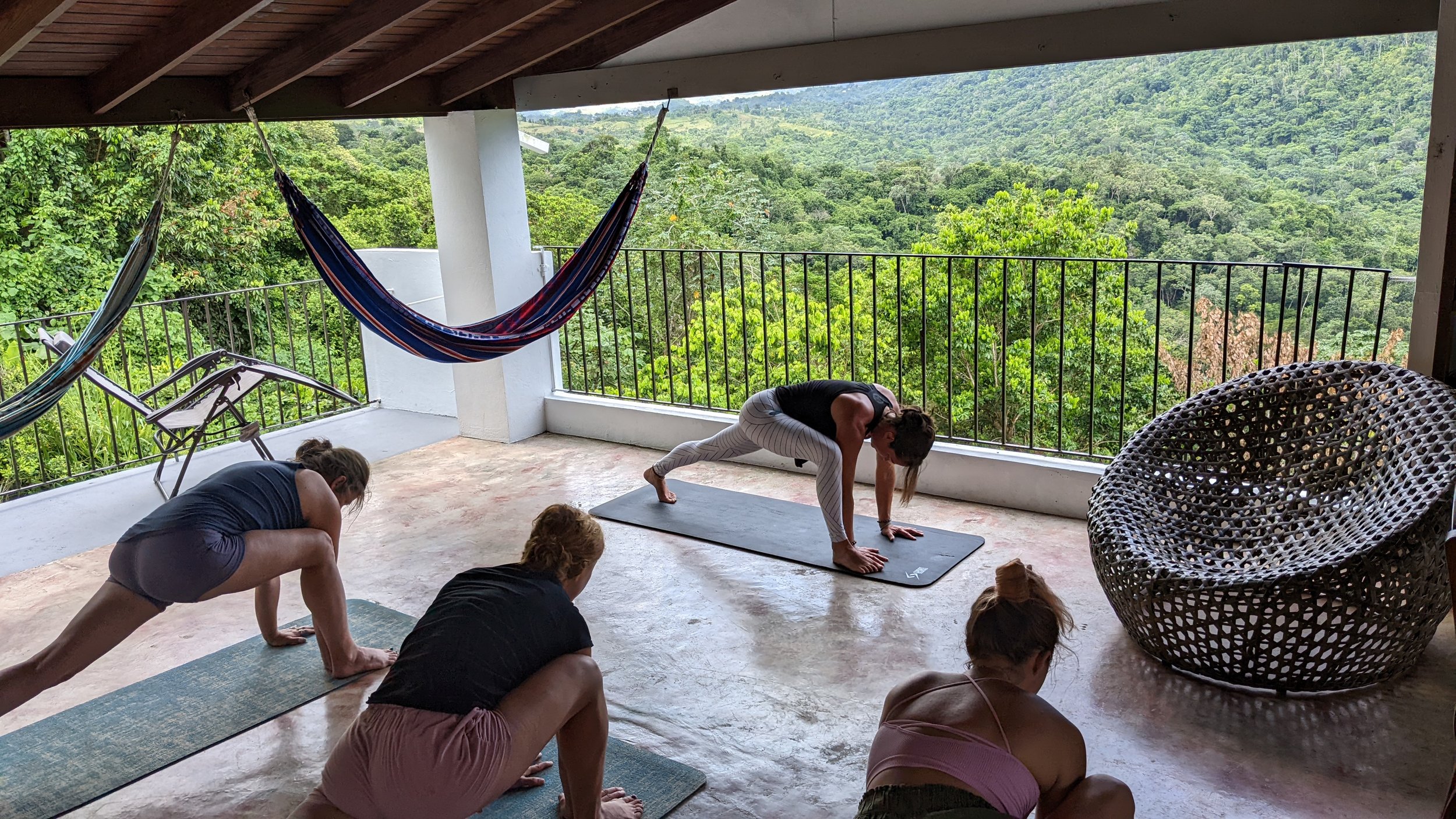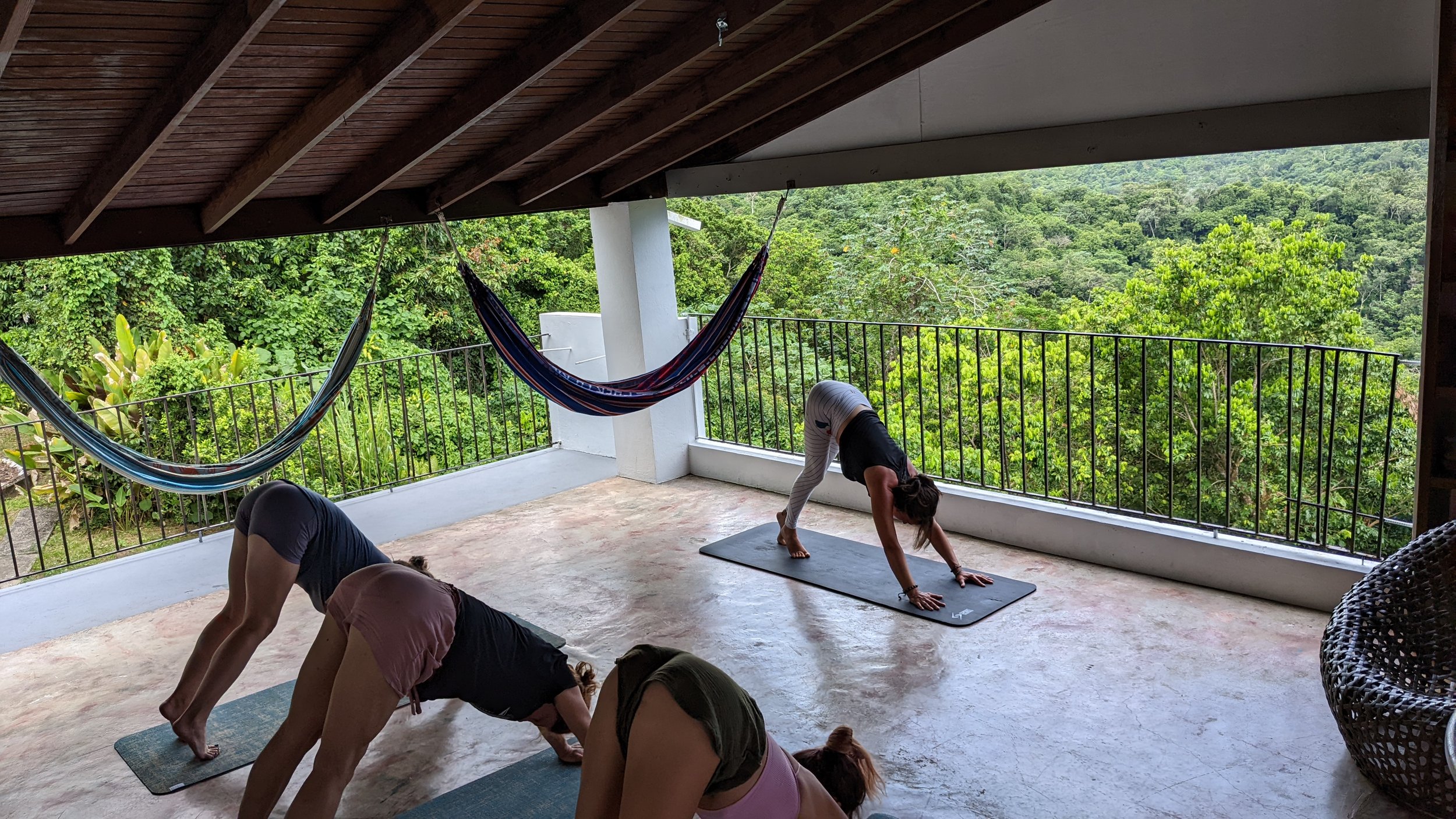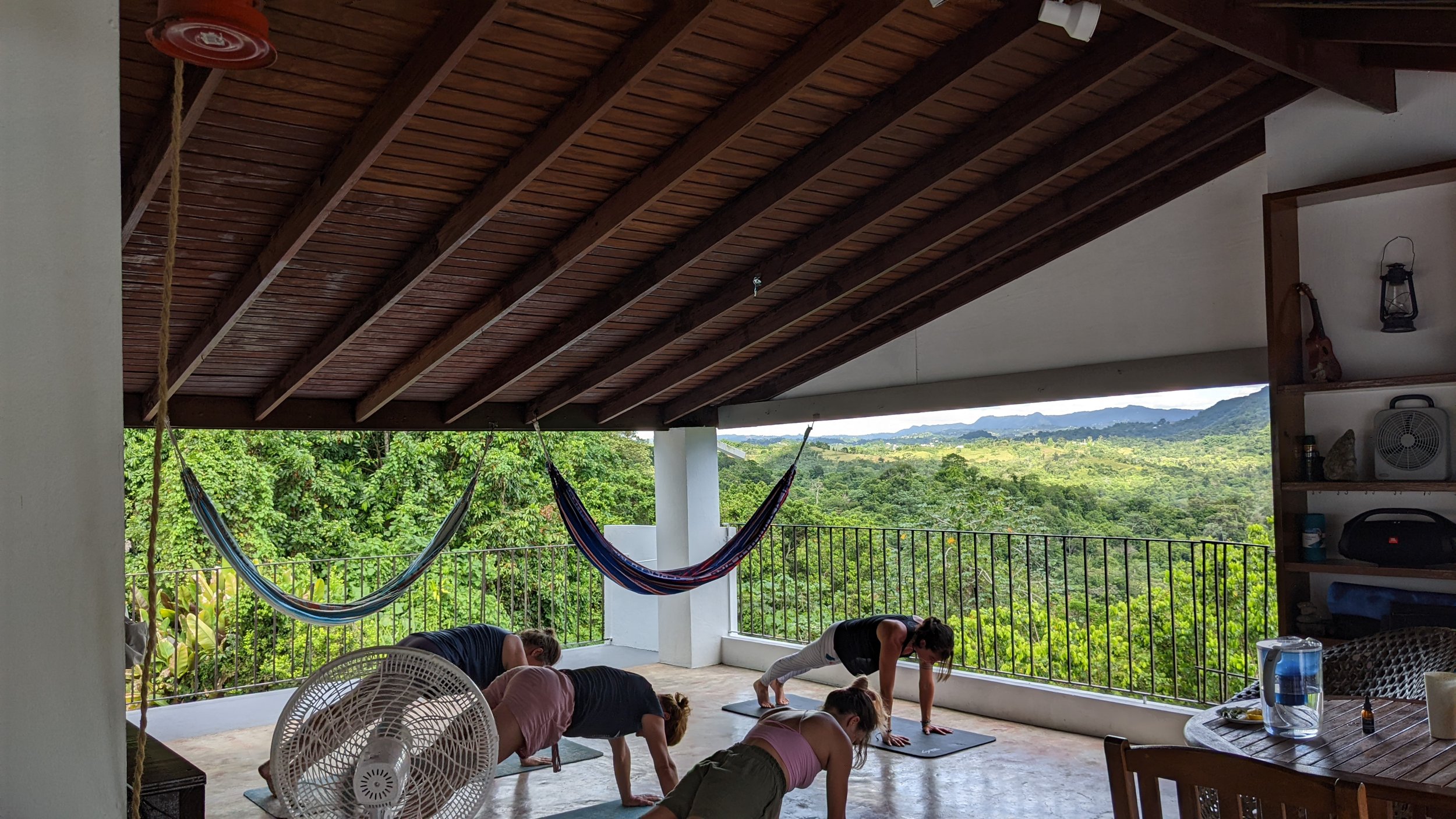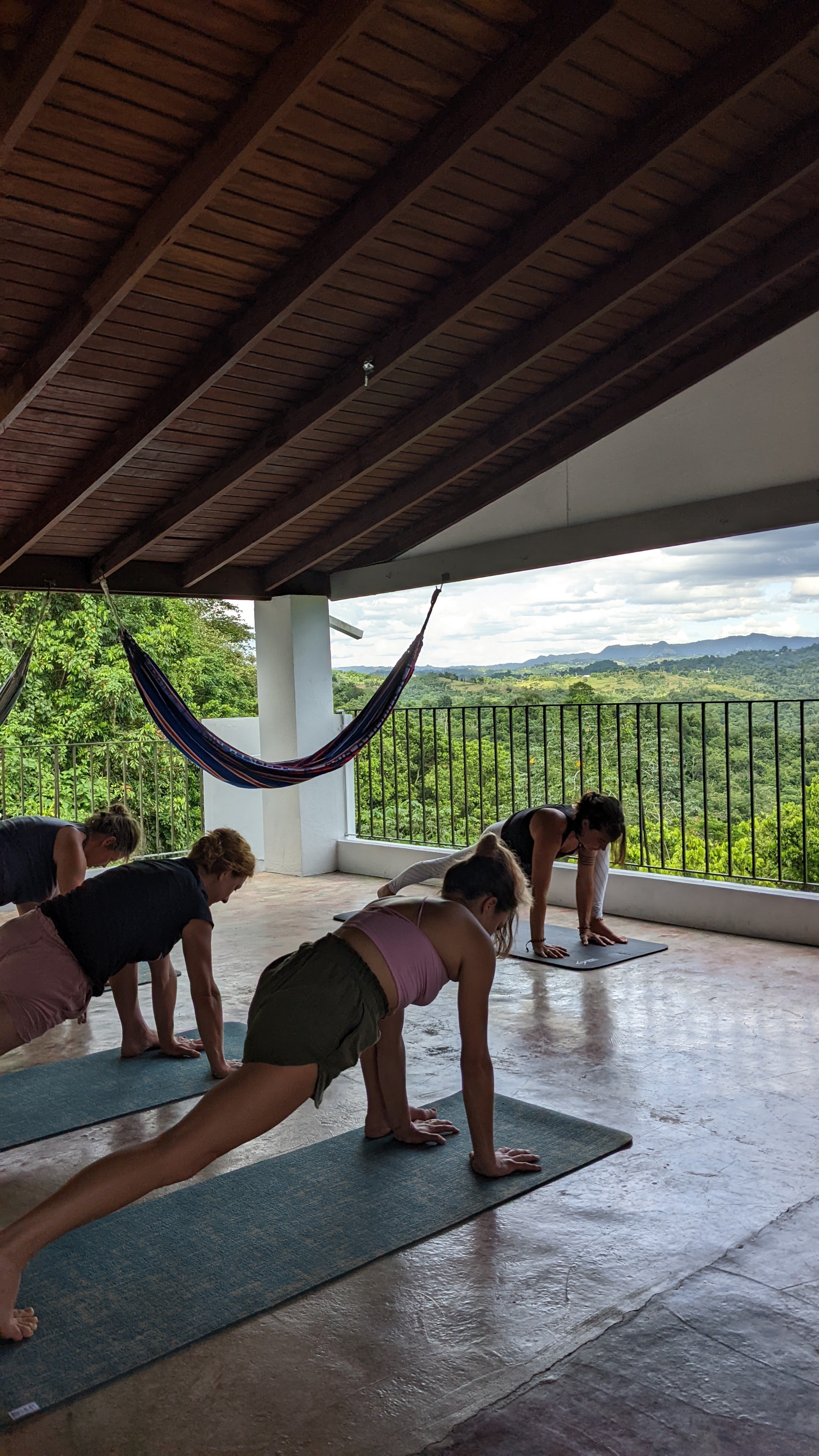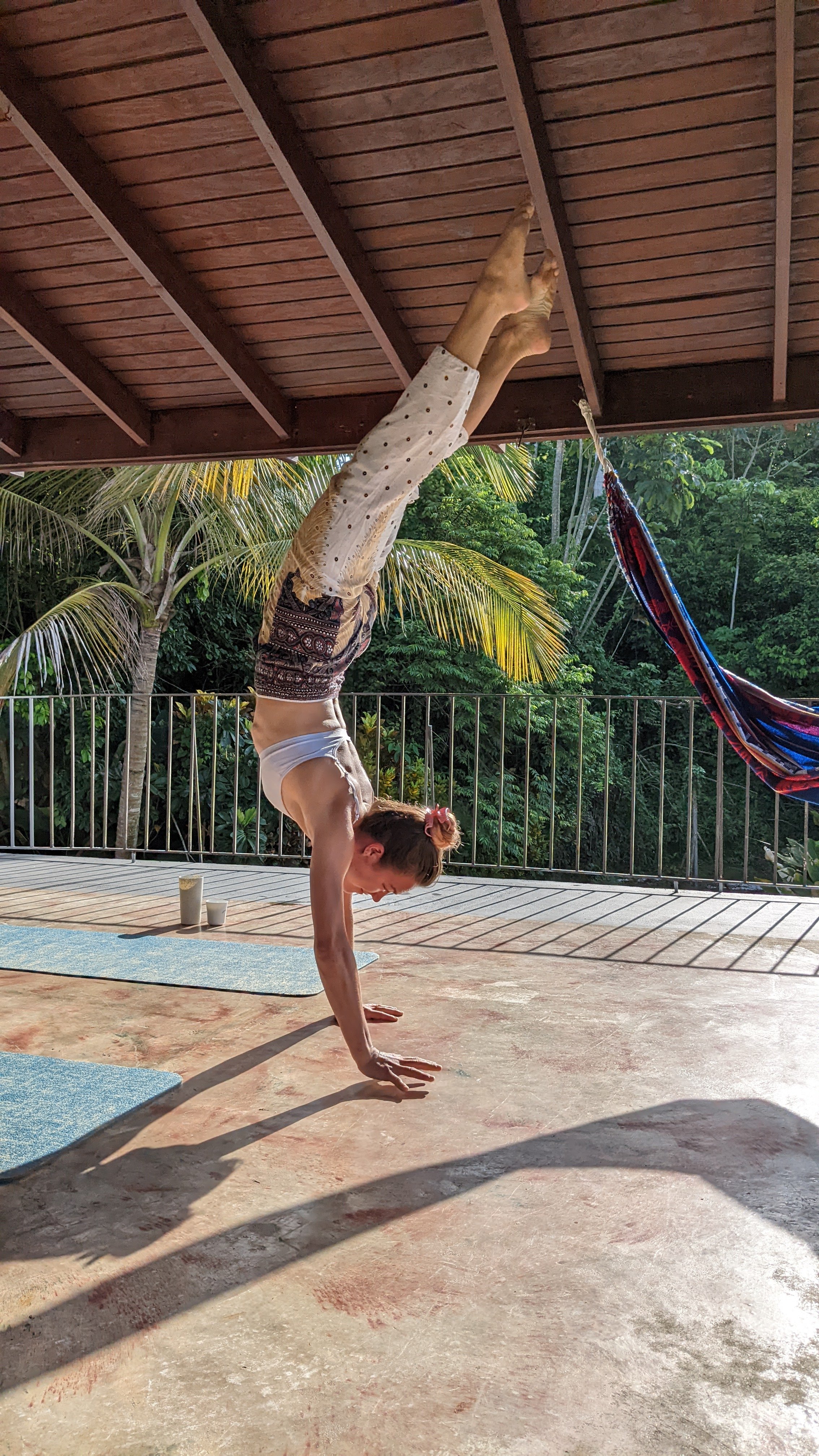CBD & Eco-hospitality /frequently asked questions
What about the CBD
Cannabidiol (CBD) continues to gain popularity around the world, the substance derived from the Cannabis sativa plant, also known as marijuana, specifically from its flowers. CBD is suitable for different medical, cosmetic, and sports purposes because it lacks tetrahydrocannabinol (THC), the psychoactive ingredient on the World Anti Doping Agency's (WADA) black list.
Recently, at global events such as the Olympic Games, CBD was allowed to optimize the level of athletes thanks to its relaxing, anti-inflammatory, and analgesic benefits.
According to the text, this practice - the psychedelic experience based on Timothy Leary's Tibetan Book of the Dead - has been used since time immemorial. Man has known the "visionary" properties of some plants and has dedicated his knowledge and his life to the search for their supernatural powers.
Cannabis Sativa was used by Chinese emperors more than two thousand years ago and some of its derivatives, such as hashish and marijuana, were probably known by the Assyrians eight centuries before Christ.
Thus, from Sumer Farms, we collect the frequently asked questions related to the consumption, legality, dosage, and benefits of CBD in different types of applications and lines of business related to the subject.
There are many questions surrounding the consumption, legality, dosage, and benefits of CBD in different types of applications and related businesses. Here are some frequently asked questions about CBD:
What does CBD work for?
CBD works medically to treat and minimize various health problems. The different presentations of CBD such as drops, oils, and creams are used to reduce pain, control anxiety, stress, and insomnia. So far, full spectrum oil has shown high effectiveness for episodes of epilepsy and seizures, post-traumatic stress, etc.
Is CBD legal?
The legal status of CBD varies depending on where you are. In some countries, it is completely legal to use and sell CBD products as long as they contain less than 0.3% THC. In other countries, CBD is only legal for medical purposes, and in some places it is completely illegal. It is important to check the specific laws in your country or region before using or selling CBD products.
How do I use CBD?
There are many different ways to use CBD, including orally (in the form of capsules, oil drops, or edibles), topically (in the form of creams or ointments), or by inhalation (using vaporizers or smoking). The most effective method will depend on your individual needs and preferences.
What are the potential benefits of CBD?
Some potential benefits of CBD include reducing anxiety and stress, improving sleep, reducing inflammation and pain, and improving overall well-being. However, more research is needed to fully understand the effects of CBD and to confirm these potential benefits.
What is the recommended dosage of CBD?
The recommended dosage of CBD can vary depending on the individual, the specific product being used, and the intended purpose. It is important to start with a low dosage and gradually increase it as needed, paying close attention to how your body responds
Does CBD cause addiction?
This is one of the most frequent questions, CBD does not generate addiction or is considered toxic according to a report by the World Health Organization. The report by the organization highlights that, although the number of studies is limited, there is evidence from well-controlled studies where there are no levels of toxicity with CBD.
Research by the World Health Organization indicates that CBD is not associated with addiction, and also highlights that CBD has different therapeutic effects. The benefits of CBD in the study of conditions such as epilepsy are particularly notable, and it can be implemented in the treatment of addictions to other psychoactive substances.
Do you have permanent damage?
No, using CBD does not cause harm. It may have adverse effects that vary depending on the dosage, composition, and tolerance of the patient. There are different side effects and it is important to clarify that it depends on the person, as all bodies are different. Therefore, during the first intake, reactions such as dizziness, headache, or fatigue may be observed. If these symptoms occur frequently, it is advisable to consult with a specialist. In addition, medical institutions such as Mayo Clinic clarify that dry mouth, drowsiness, decreased appetite, or fatigue are some of the side effects.
Is it legal in Colombia?
Yes, CBD is legal in Colombia, as mentioned in our previous article, Decree 613 of 2007 regulated the safe and informed access to the medical and scientific use of cannabis. Recent figures from Procolombia, the Colombian export and investment promotion agency, stated that the current government has authorized licenses in 11 departments and 32 municipalities of the country, in the categories of psychoactive cannabis, non-psychoactive cannabis, seeds for planting, and manufacturing of derivatives.
Likewise, Flavia Santoro, President of Procolombia, stated for El Espectador: "As part of the safe economic reactivation, this industry represents a viable alternative for the diversification of Colombian exports and the reduction of dependence on traditional sectors. It also represents concrete export opportunities, generation of formal employment, and investment in science and technology. From Procolombia, we will continue to accompany foreign investors and exporters to ensure that their businesses succeed in a high-demand, transformative, value-added, and sustainable sector."
Can I be arrested in Colombia for having CBD?
No, the court ruled that CBD is medicinal and completely legal. If a person wants to carry a personal dose of THC, it must be less than 20 grams. In the case of CBD, which is a medicinal issue, there should be no legal problems.
If a person has more than the previously established 20kg, they must obtain a transport and distribution license from the Ministry of Justice and the Ministry of the Interior, and even the INVIMA, for distribution and manufacturing purposes.
Galofre and Associates spoke to Sumer Farms about the issue and clarified that: "if a person uses CBD, legally it is studied how it is presented, whether in cream, spray, drops, to avoid legal problems.
If a person decides to leave Colombian territory, the issue of CBD varies according to the quantities and legislation of each country. If a person decides to take CBD oil outside of Colombian territory, they must confirm the laws of the territory they are entering and verify the transport of liquids or presentations in which they use CBD medicinally," said Juan Carlos Galofre, managing partner for Galofre and Associates.
Do CBD oils fail a drug test?
No, this is a common question among people who require income exams for organizations. When focusing on urine tests, it is key to highlight that they do not look for THC, so there is no possibility of measuring cannabidiol levels in the body. Usually, THC products contain 0.2% THC, a very small amount that is not detected in any drug test.
Is it possible to mix CBD oil with other medicines?
Yes, so far there have been no worldwide reports of failures when mixing over-the-counter CBD products with medications, but medical research continues on this subject.
What entity regulates legal CBD in Colombia?
There are several entities that are in charge of different processes, the Ministry of Justice and Law is in charge of the licenses that refer to imports, exports.
In turn, the Ministry of Health and Social Protection is in charge of granting licenses for the manufacture of derivatives and transformation. Similarly, the National Narcotics Fund, which is the authority that performs administrative and operational control once the license has been issued, and controls the finished products.
Invima is also part of the process when talking about health records and certification of good practices when a cannabis-derived product is going to be marketed and produced.
Which medical centers formulate medicinal CBD?
In Colombia, medical cannabis clinics are a reality, with different options available in different cities. One of these is the Zerenia clinic in Bogotá, which offers specialized services in chronic pain, health, neurology, and palliative care.
In Medellín, there is the Medicann clinic, which treats diseases such as Parkinson's, epilepsy, fibromyalgia, Tourette syndrome, and others. The Medicann IPS uses cannabinoids by expert doctors, which are vital in the patient's recovery, regulating symptoms and well-being.
In Cali, Sativa IPS is one of the clinics specialized in cannabinoid treatments for different diseases, as well as research on cannabinoids in various areas.
What are the differences between CBD and THC?
Before distinguishing the differences between CBD and THC, it is important to highlight that THC refers to Tetrahydrocannabinol and CBD refers to Cannabidiol, which are two of the more than 100 cannabinoid components of the cannabis plant and are the two most studied.
The 5 Best Places to Visit in Ciales, Puerto Rico
1. Stay in an eco-hostel Sumer Farms ( Finca Kurt casa Grande )
2. Go on a yoga retreat in Sumer Farms ( Finca Kurt casa yoga )
3. El Yunque National Forest - Explore the lush rainforest and take in the unique flora and fauna of Puerto Rico.
4. Old San Juan - Visit the oldest part of San Juan and explore its colorful streets, old forts, and rich history.
5. Luquillo Beach - Relax and swim in the crystal clear waters of this stunning beach. 4. San Cristobal Fort - Take a tour of the oldest and largest fort in the Caribbean.
